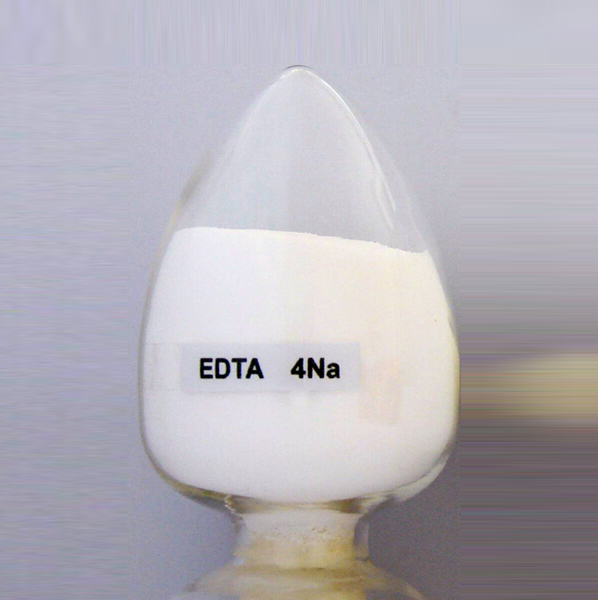
News
Aug . 14, 2024 14:34 Back to list
Reliable Suppliers for EDTA Chelator Products in the Chemical Industry and Applications
The Role of EDTA Chelators in Various Industries A Focus on Suppliers
EDTA (ethylenediaminetetraacetic acid) is a versatile chelating agent widely used across different industries due to its ability to bind metal ions tightly. The increasing demand for EDTA in industrial applications has led to a growing number of suppliers specializing in this essential chemical. This article will delve into the importance of EDTA chelators, their applications, and how suppliers play a critical role in ensuring their availability.
Understanding EDTA
EDTA is a chelating agent, meaning it can form stable complexes with metal ions, effectively trapping them. This characteristic is particularly valuable in various sectors, including pharmaceuticals, agriculture, food processing, water treatment, and more. By binding metals, EDTA can prevent undesirable reactions that can cause discoloration or spoilage, enhance product stability, and promote the effectiveness of active ingredients.
Applications of EDTA
1. Pharmaceuticals In the pharmaceutical industry, EDTA is commonly used to treat heavy metal poisoning and as a stabilizer in many formulations. Its ability to chelate divalent and trivalent ions makes it crucial in ensuring therapeutic efficacy and safety.
2. Agriculture In agriculture, EDTA is often employed to improve nutrient availability in fertilizers by binding to micronutrients like iron, zinc, and manganese. This enhances plant absorption and growth, helping farmers achieve higher crop yields.
3. Food Processing In the food industry, EDTA acts as a preservative, preventing oxidation and maintaining the color and quality of food products. It is prevalent in canned goods, sauces, and beverages, where it helps prolong shelf life.
4. Water Treatment EDTA is also instrumental in water treatment processes. It is used to remove heavy metals from wastewater and reduce scale formation in boilers and cooling systems, contributing to environmental protection and efficiency.
edta chelator supplier

5. Cosmetics In cosmetics, EDTA serves as a stabilizer and preservative. It helps improve the efficacy of preservatives by binding to metal ions that might otherwise catalyze degradation.
Importance of EDTA Suppliers
The effective use of EDTA in these various applications hinges upon the reliability and quality of the suppliers. The role of EDTA suppliers is multifaceted
- Quality Control Reputable suppliers ensure that their products meet stringent quality standards. They conduct thorough testing to guarantee that the EDTA supplied is of high purity and free from impurities that could compromise its efficacy.
- Innovation Suppliers often engage in research and development to create new formulations and derivatives of EDTA that can better meet the specific needs of their clients. This innovative approach allows industries to benefit from advanced chelation technologies.
- Custom Solutions Many suppliers offer customized solutions catered to the unique requirements of their clients. Whether it’s adjusting the concentration, form, or delivery method of EDTA, suppliers provide tailored solutions to enhance application efficiency.
- Sustainability As industries move toward more sustainable practices, many suppliers are also focusing on eco-friendly production methods and products. By providing sustainable EDTA solutions, suppliers help industries reduce their environmental impact.
Conclusion
EDTA chelators play a crucial role in various industries by improving product stability, enhancing nutrient absorption, and ensuring safety. Consequently, suppliers of EDTA are vital to the seamless operation of multiple sectors, providing high-quality products and innovative solutions. As industries evolve and the demand for effective chelation continues to rise, the collaboration between manufacturers and suppliers will remain essential in advancing technologies and promoting sustainability.
-
Polyaspartic Acid Salts in Agricultural Fertilizers: A Sustainable Solution
NewsJul.21,2025
-
OEM Chelating Agent Preservative Supplier & Manufacturer High-Quality Customized Solutions
NewsJul.08,2025
-
OEM Potassium Chelating Agent Manufacturer - Custom Potassium Oxalate & Citrate Solutions
NewsJul.08,2025
-
OEM Pentasodium DTPA Chelating Agent Supplier & Manufacturer High Purity & Cost-Effective Solutions
NewsJul.08,2025
-
High-Efficiency Chelated Trace Elements Fertilizer Bulk Supplier & Manufacturer Quotes
NewsJul.07,2025
-
High Quality K Formation for a Chelating Agent – Reliable Manufacturer & Supplier
NewsJul.07,2025
